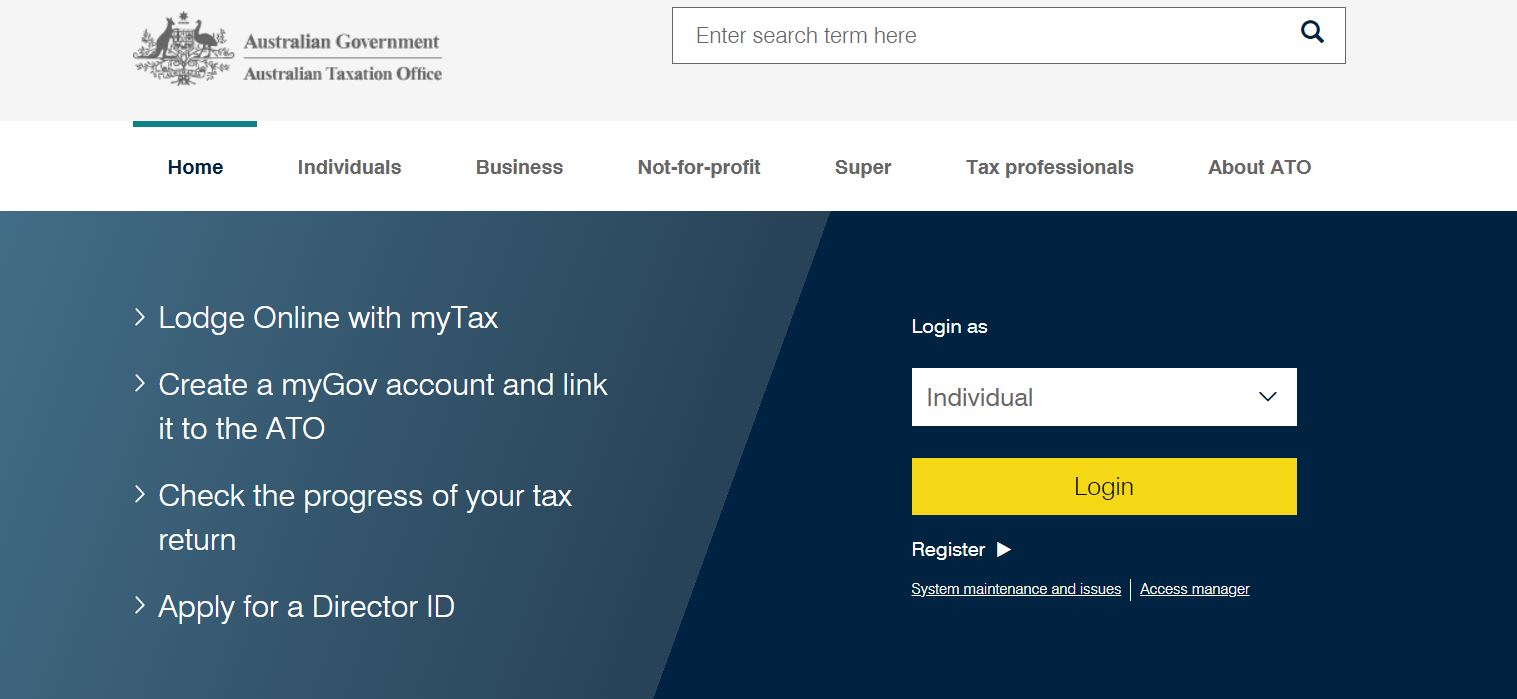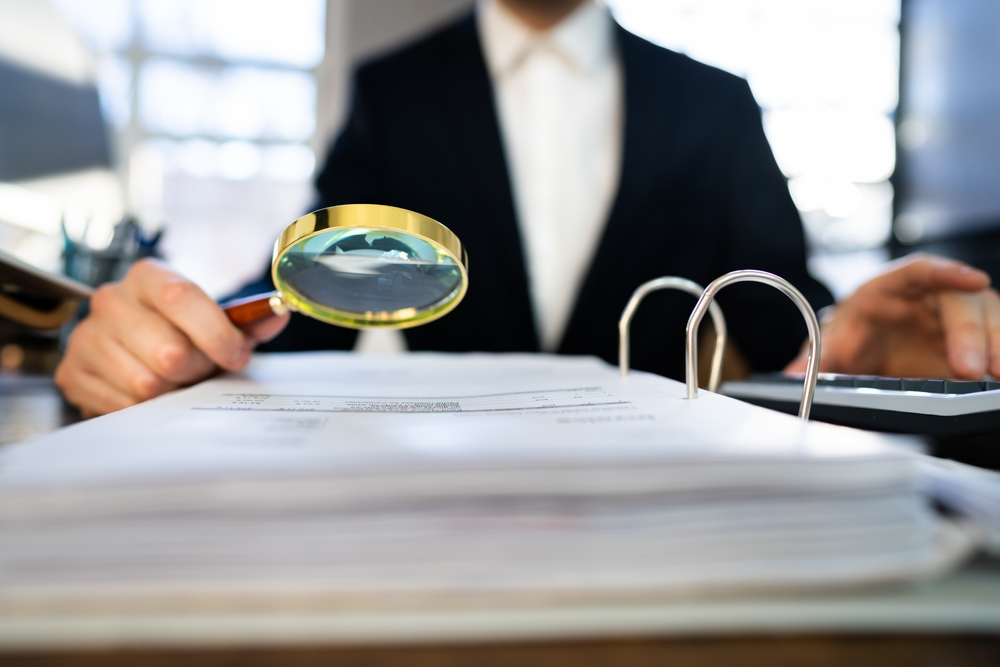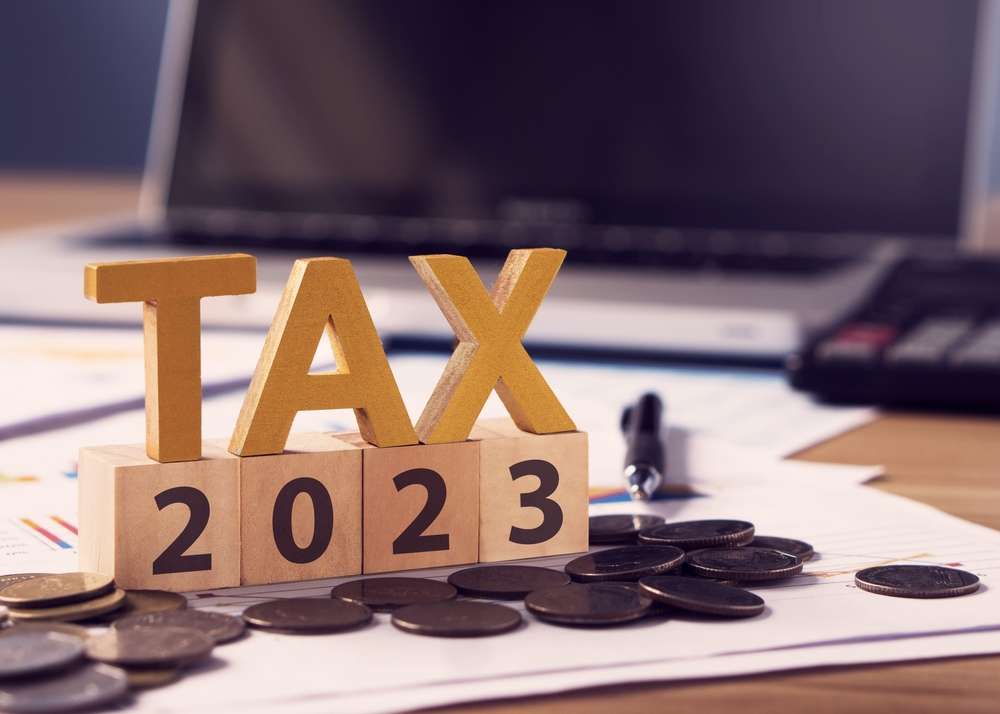What Happens in an Audit? Insights into How the ATO Audits
Tax audit services… trust worthy tax accountant… thinking about tax accountant near me for taxes… are audit fees tax deductible… are tax audits random… is there a genuine property tax accountant and so so many questions like that may wander in mind when you run a business. Tax and Accounting Australia is here to answer all of your queries with authentic and guaranteed services.
It’s important to remember that even if the ATO selects you for an audit, it doesn’t necessarily mean that there are problems with your tax return audit. In most cases, tax audits simply involve providing additional information or documentation to the ATO for review.
Every Australian tax return goes through 20 computer checks, and when the system picks up inaccurate data, it notifies an auditor and triggers a review. These already intense processes grow more sophisticated every year. Indeed, it’s never been easier for the ATO to pick up discrepancies.
Filling out a tax return might seem simple, but one wrong figure could alert the ATO that something is amiss with your tax affairs. The ATO assesses individual tax returns using high-tech cross-checking systems that detect inaccurate and fraudulent deductions. Designed to pick up every style of questionable claim, the system catches exaggerated deductions, inaccurate assessable income figures, and more. And it’s not just one series of checking your tax return audits.
What is an ATO Audit?
The Australian Tax Office (ATO) uses an auditing method to determine if a taxpayer is following tax regulations. The ATO has the authority to audit both people and corporations. The purpose of ATO audits is to guarantee that taxpayers are accurately declaring their income and paying the appropriate amount of tax.
Tax audits can start in a variety of ways. Like when a taxpayer’s claimed income and expenses don’t match up, or when their circumstances change. The ATO will ask the taxpayer for papers and details regarding their claimed income during tax audits.
After the ATO has finished its investigation, it will publish a report summarizing its conclusions. Taxpayers may ask to pay back taxes, interest, and penalties. When the ATO discovers that a taxpayer has been dodging taxes, the ATO may sometimes start criminal proceedings.
Are tax audits in Australia arbitrary?
The Australian Tax Office selects particular areas to focus on each year, and tax returns that match these requirements may be randomly chosen for audit. For instance, the ATO declared that 2022 will be a priority year for record-keeping and work-related spending. Another focus area and possible audit trigger that year was capital gains from shares, property, and cryptocurrencies.
The other important issue that might result in an ATO audit is tax return fraud. Giving the ATO false information in order to get a tax or superannuation refund is this sort of fraud. Tax refund claims that are fraudulent include:
- Giving false information in a payment summary or income statement
- Submitting false claims or tax offsets
- False assertions made to the ATO
- Filing a fraudulent tax return using a stolen or fictitious identity
- Claiming GST through duplicitous business practices
- Using false papers to get access to a superannuation fund
What Happen If You’re Audited By The ATO?
Audits might range from brief reviews of the original paperwork to in-depth investigations of complicated transactions and deductions. Additionally, they might span from one to five fiscal years. The auditor should confirm the meeting in writing and include the agenda and important topics they intend to discuss. You should also receive a draught audit management plan at this time.
The ATO may forgo the review stage of a typical audit in favour of the audit itself for less complicated problems. Keep in mind that an audit might also be accelerated if there is suspicion of fraud, tax evasion, or other high-risk circumstances. Regardless of how you get at the audit, the ATO will want access to your records in order to confirm the validity of your claims and assess the reliability of your systems.
What Exactly Happens During a Tax Audit?
Before beginning a full audit, the ATO will typically conduct a risk assessment of any concerned taxpayers. The ATO assesses a taxpayer’s compliance risk in order to determine whether any issues with the taxpayer’s tax return or business activity statements (BAS).
Risk evaluation process find areas of non-compliance that you can address without needing an extensive audit. Both the taxpayer and the ATO benefit from the time and resources saved.
After the review, ATO determines if they have enough data to support a full audit. You or your tax advisor will receive a letter informing you of the ATO’s plans to move forwards with the audit.
Before releasing the final report, the designated ATO tax agent must complete a number of distinct phases along the procedure.
- Making the Call
The auditor calls to set up a first meeting as the first step in the procedure. The auditor will inform you of the records they will need to view during this call as well as the dates they pertain to. Additionally, they’ll let you know what they’ll be looking for in the audit.
- Written Acknowledgement
Get written confirmation of the specifics of the preliminary meeting. Required data and time will decide accordingly after the phone conversation.
- Meeting With an ATO Officer
The ATO officer will go through the audit’s scope during the meeting. They will also describe their strategy for carrying out the audit. This is your chance to clarify anything you don’t understand by asking questions. This meeting might take place in person or online.
- Examining Company or Personal Records
If you’re a business owner, this may entail checking your business bank accounts and tax documents, or if you’re an individual taxpayer, it may entail checking your personal records. Throughout this procedure, the ATO should keep you and/or your tax accountant informed.
- Results Analysis and Conclusion
The ATO officer will provide their findings following their enquiry. They will describe how to correct any differences. This could sometimes include paying additional taxes or interest fees. Get a tax refund if determined. You’re in luck if the ATO found no irregularities and the audit is over.
Are You Sure You’ve Got It Right If Doing Your Own Tax Return?
Tax audits can be triggered by a simple error. They can put the wrong figure in the wrong allocation. Though DIY online tax returns can be cost-effective, unless you know what you’re doing, it’s easy to make a mistake. And once you’re on the ATO’s radar, they could ask to view all of your records to justify your claims.
By specific dates, tax returns, Business Activity Statements (BAS), and other documents must be filed with the ATO. Ever discover an error in a tax return that has already been submitted, one can ask for an amendment to fix it. The ATO will provide you a tax refund if your adjustment lowers the amount of tax you owe. The ATO will consider it a voluntary disclosure if it raises the amount of tax you owe. You may be eligible for discounts on the penalties and interest costs.
What Are the Most Common Tax Return Mistakes?
The most typical errors people make while filing their individual tax returns are as follows:
Inaccurate computations – When you’re adding up rows and rows of statistics, it’s simple to forget a number or completely overlook a calculation. It pays to use software that tracks and calculates expenditures as you go to verify your numbers.
Missing a legitimate deduction – To reduce your tax, there are a variety of deductions you may use. The ATO is not required to locate every one of your allowable deductions. Therefore, it’s a good idea to have a tax agent figure them all out before you file your tax return in order to obtain the biggest tax refund possible. If not, you can be passing up on thousands, if not hundreds of legal claims annually.
Not disclosing all of your income – The ATO considers all of your sources of income, including dividends, interest from banks, trust distributions, and other sources. Not only your salary or compensation, but all of your income must be shown on your tax return. If you don’t, you can be subject to an audit.
Faking your taxes – One can be caught if hiding income or claim more deductions. If you have lied on your tax return in order to escape taxes, you may, at worst, face criminal charges.
What Proof Must You Present in a Tax Audit?
The ATO may need proof that you are the person who incurred the charges you listed on your tax return, even if you have given receipts. They could request bank statements and written proof from employers during the audit process to substantiate your claims. Auditors are not afraid to look for information.
This serves as a helpful reminder of how crucial it is to keep up a strong file system and electronically back up all of your information. The easiest method to keep organised and provide evidence for your claims is to adhere to these procedures. Keep in mind that you have five years to maintain all of your tax documents.
What Are Work-Related Expenses?
Your work-related expenditure claims must meet three criteria:
- The claims must be directly tied to obtain money and must not be of any private character.
- Must have previously incurred the expenditure and have not yet been compensated.
- You must be able to establish your claims.
Mistakes and problems do occur on tax returns which can prevent the stress as checked by an tax return accountant before submitting. Maintain your money throughout the year by storing receipts and tracking income and spending as you go.
Being able to demonstrate to the ATO that your tax affairs are in order and that you have complied with your tax law duties is the best result of an ATO audit. To achieve this, it’s critical to maintain accurate records and be able to provide proof in the form of financial statements, schedules, contracts, and tax reconciliations.
Tax & Accounting Australia can assist you in streamlining all of this record-keeping. Be patient and wait until all income and spending information for the year is finalized.
Conclusion:
The Australian income tax system is based on self-assessment. When register tax return and other paperwork it implies that you are providing correct information.
If you are unsure about any part of your tax return, have a tax accountant analysis it and re-lodge it on your behalf. Indeed, the majority of Australians would rather have a tax expert like “Tax & Accounting Australia” to handle the entire process. Using the experience of a Tax & Accounting’ Tax Accountant is the simple, inexpensive, and completely legal approach to reduce your tax responsibilities and maximize your refund.
If you are still looking for queries like are tax audits random or accountants near me for taxes or tax accountant Brisbane or tax accountant perth, search your business need and tap our website for amazing services.




